What is Acupuncture?
Born within the heart of Traditional Chinese Medicine (TCM) over 2,500 years ago, acupuncture has been passed down through generations. It wasn’t until the 17th century that it was first mentioned in Western writings, opening the door to its exploration worldwide. Today, acupuncture is a recognized and appreciated practice for its health and wellness benefits.
Functioning Based on Vital Energy:
Acupuncture relies on the concept of “Qi”, a vital energy that circulates through the body along invisible meridians. According to TCM, an imbalance or blockage of Qi can cause various physical and emotional disorders. The acupuncturist stimulates specific points on the meridians to restore the harmony of Qi and promote healing.
A Wide Range of Applications:
Acupuncture is effective in relieving a wide range of conditions, including:
- Chronic pain: Acupuncture can relieve muscle and joint pain, headaches, migraines, menstrual cramps, and many others.
- Emotional disorders: Acupuncture can help reduce stress, anxiety, depression, and sleep disorders.
- Digestive problems: Acupuncture can relieve nausea, vomiting, constipation, diarrhea, and other digestive problems.
- Respiratory problems: Acupuncture can help relieve asthma, bronchitis, and other respiratory conditions.
- Addictions: Acupuncture can help treat tobacco, alcohol, and drug addiction.
- Fertility: Acupuncture can increase the chances of getting pregnant and improve reproductive health.
Session Ablauf:
An acupuncture session takes place in several steps:
- An In-Depth Assessment: The practitioner takes the time to discuss your needs, medical history, and goals.
- The Diagnosis: They examine your pulse and tongue according to TCM principles to establish an accurate diagnosis.
- Stimulation of Acupuncture Points: The practitioner selects the acupuncture points to stimulate based on your diagnosis. They then use sterile, thin needles to gently insert them into the skin.
- Relaxation: The session ends with a moment of relaxation while the needles are in place.

Choosing an Acupuncturist:
To find a competent acupuncturist, you can:
- Ask for recommendations from your doctor or friends.
- Consult professional acupuncture directories.
- Choose an acupuncturist licensed by a recognized organization.
Acupuncture: A Complementary and Holistic Approach:
Acupuncture can be used as a complementary or alternative approach to conventional medical treatments. It offers a natural and effective alternative to relieve various disorders and improve overall well-being.
Acupuncture is an ancient practice with modern applications. By addressing the root causes of disorders and stimulating the body’s natural abilities, it offers a path to healing and harmony. If you are looking for a holistic and natural approach to your health, acupuncture can be a promising option for you.





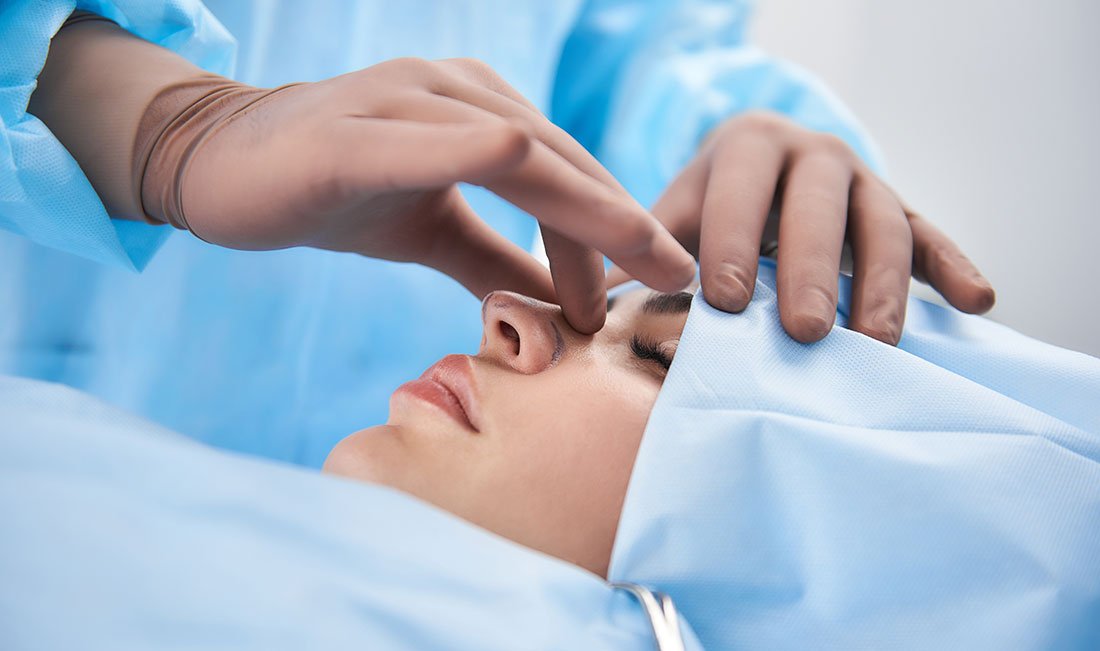
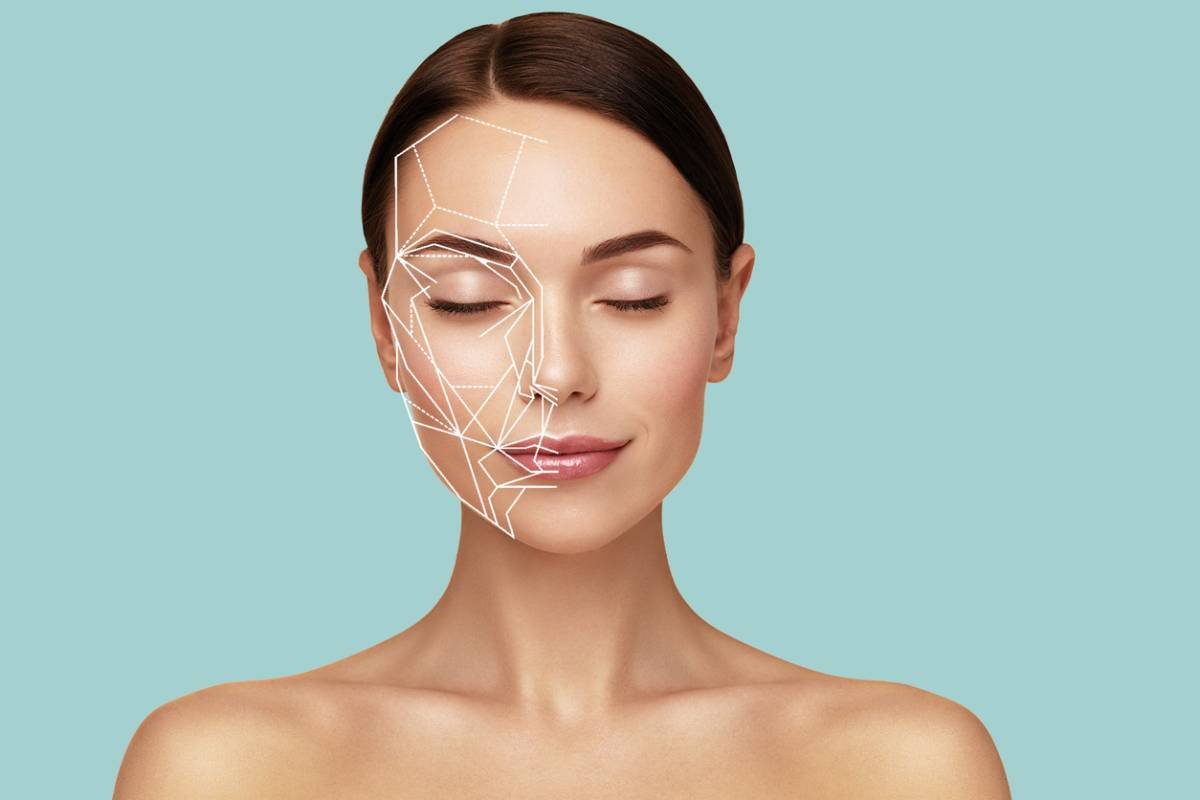




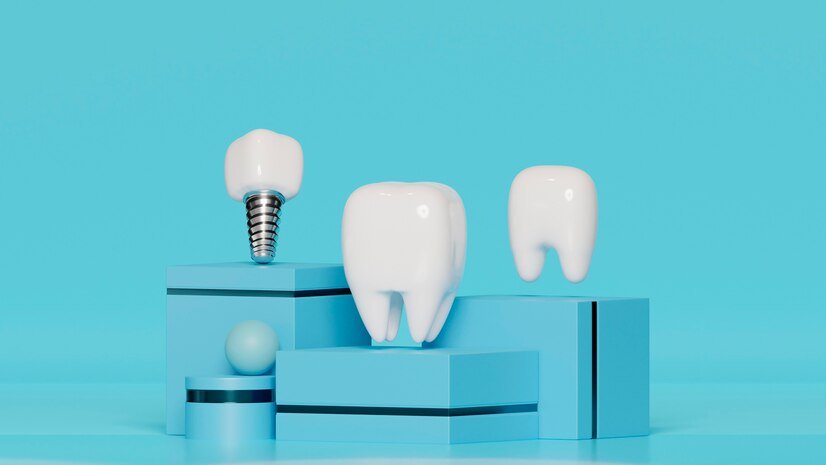


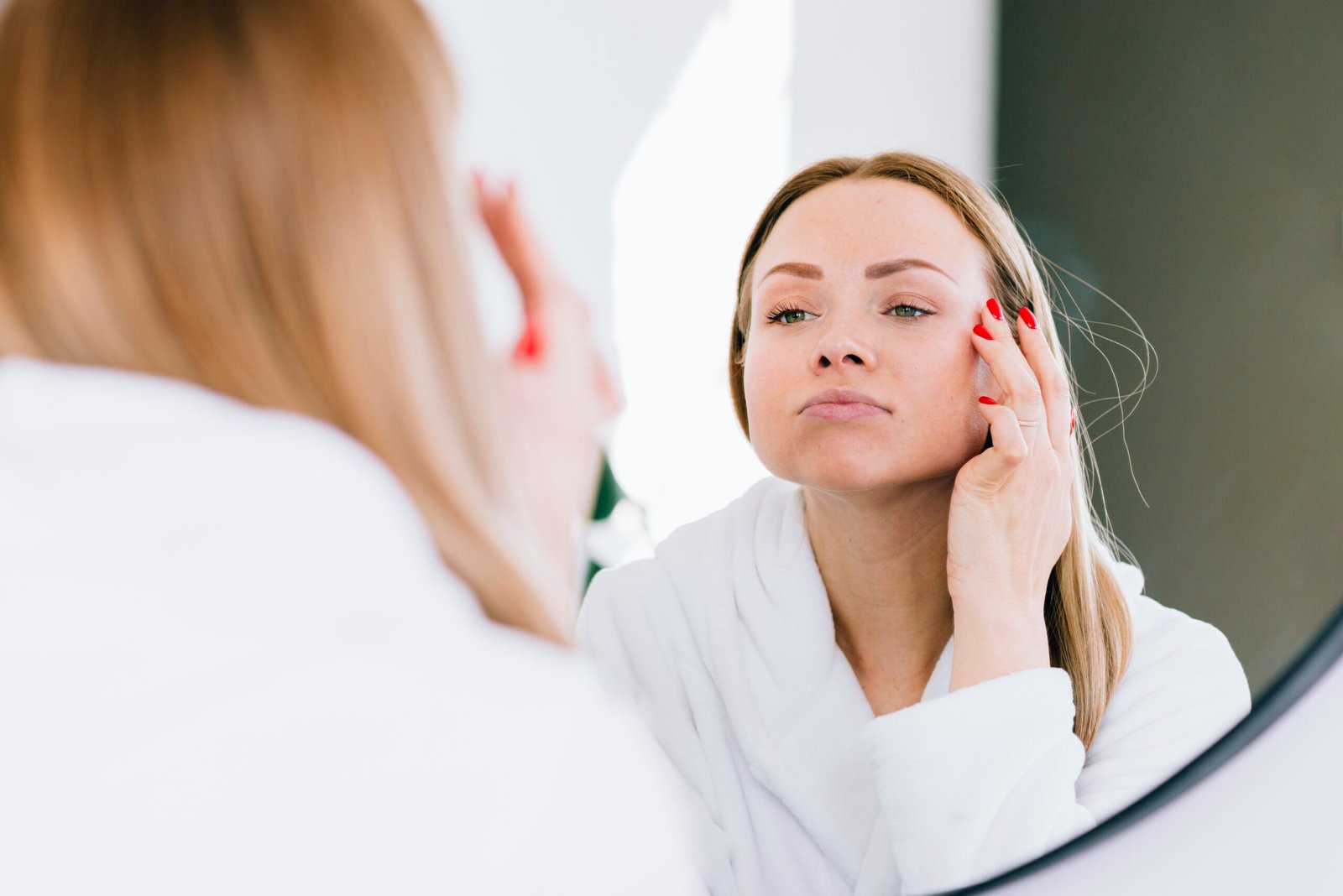









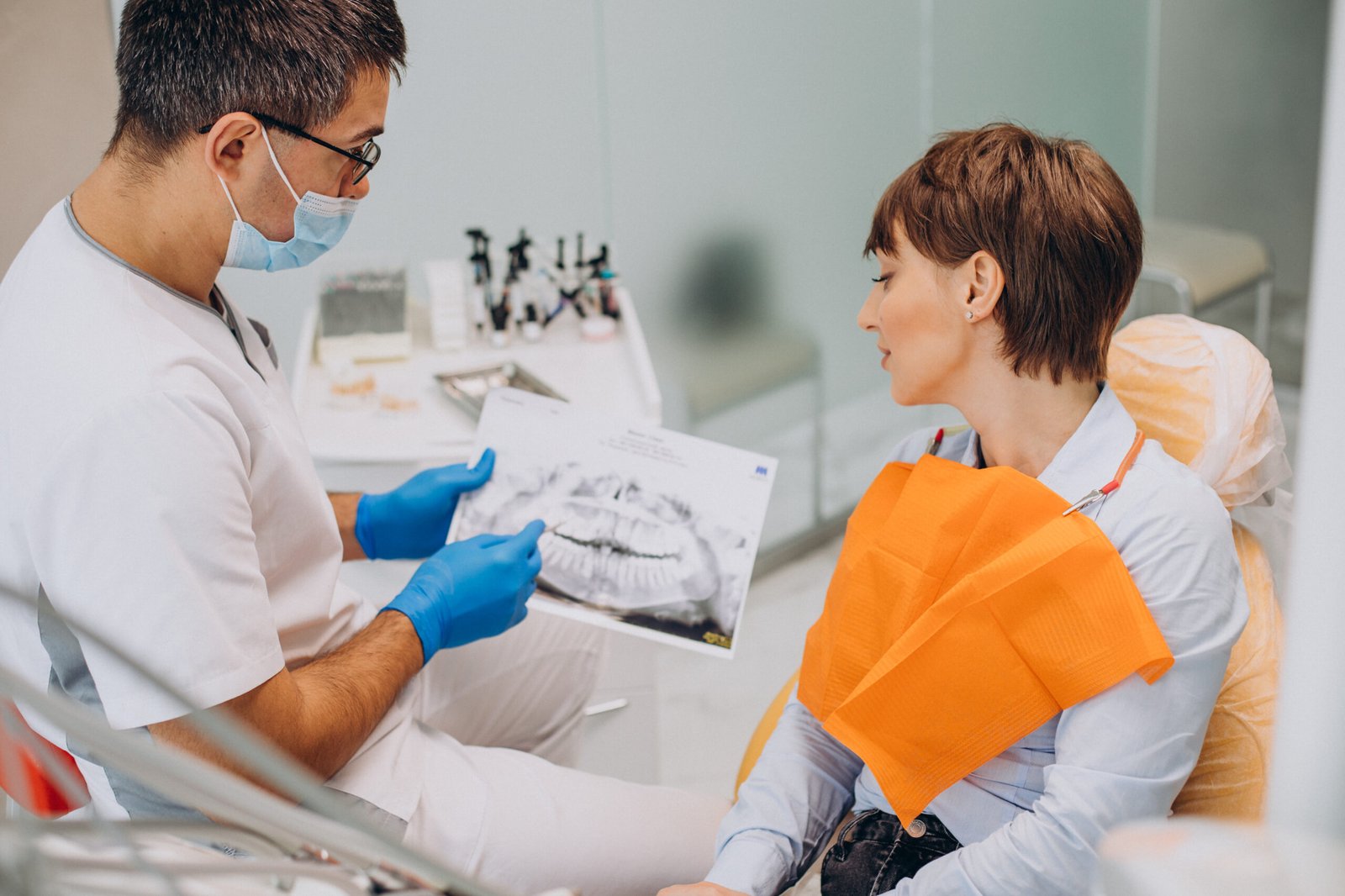
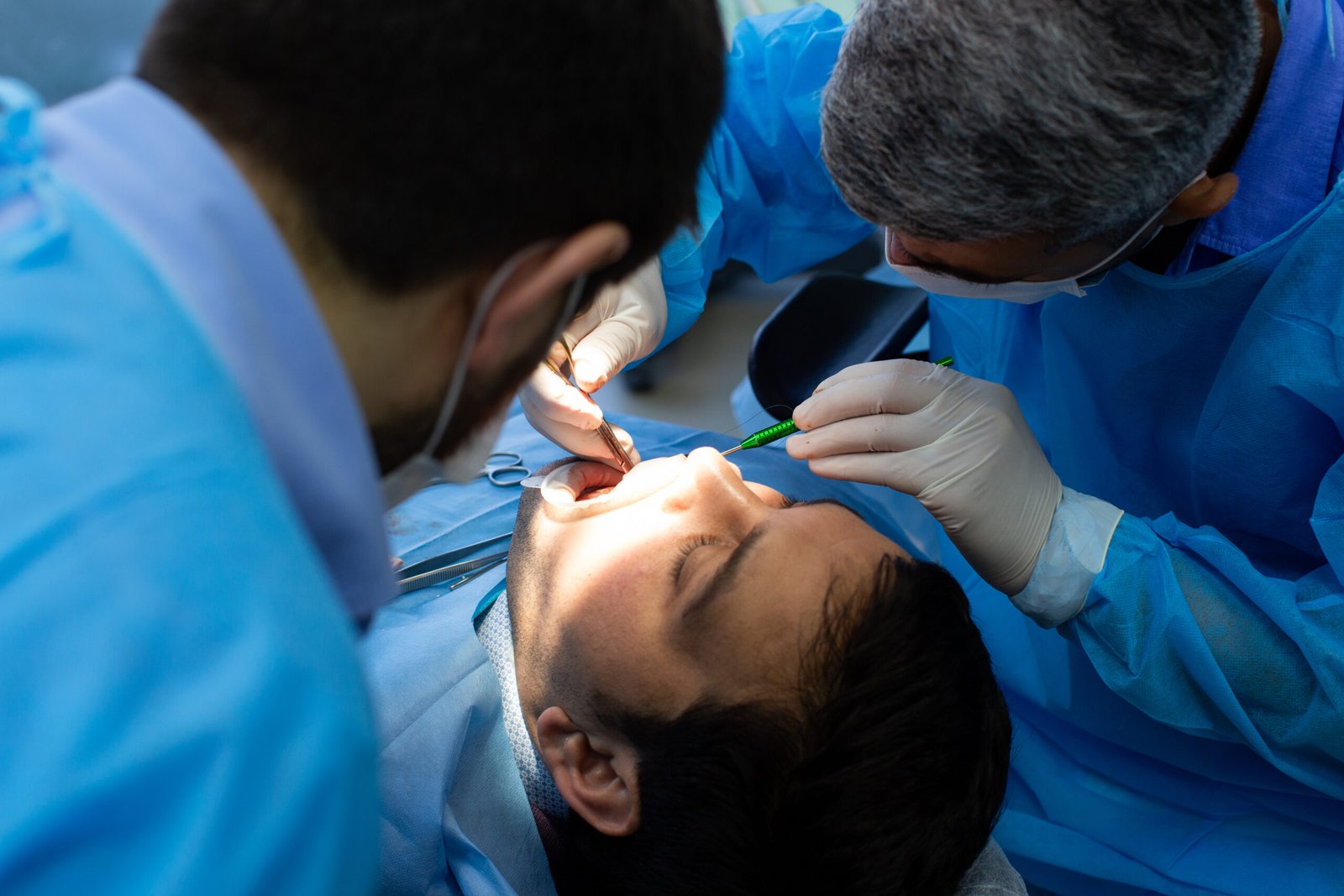





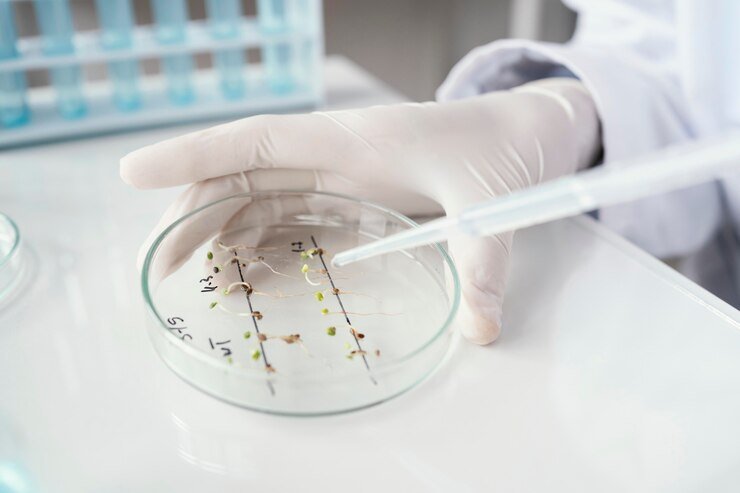






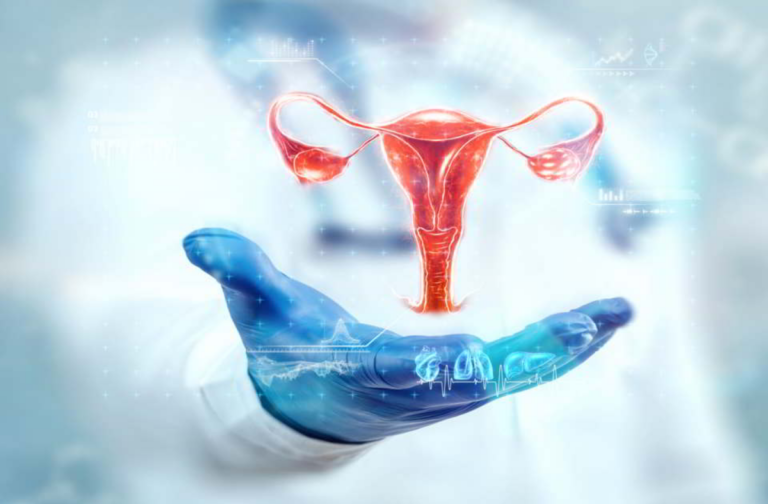







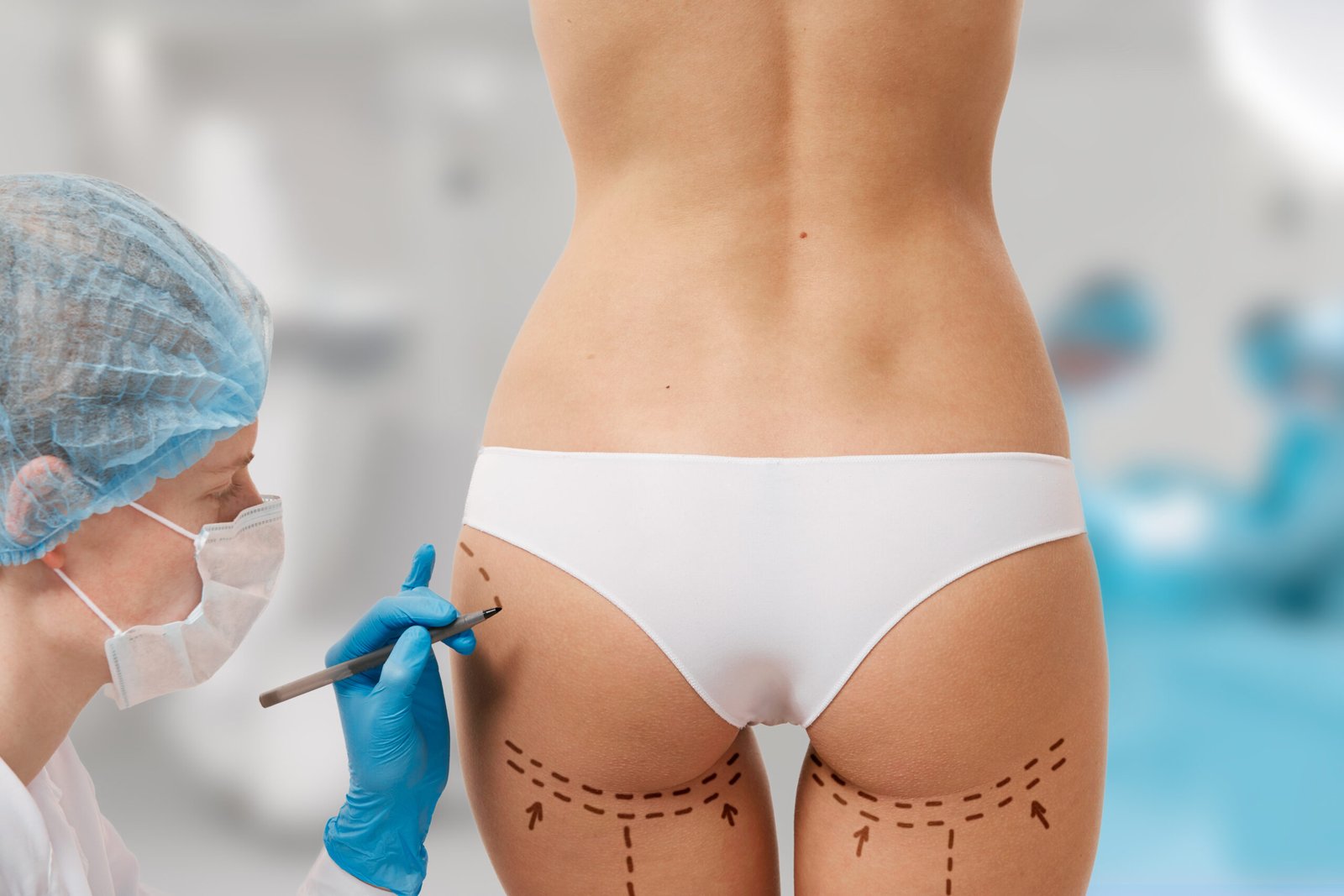


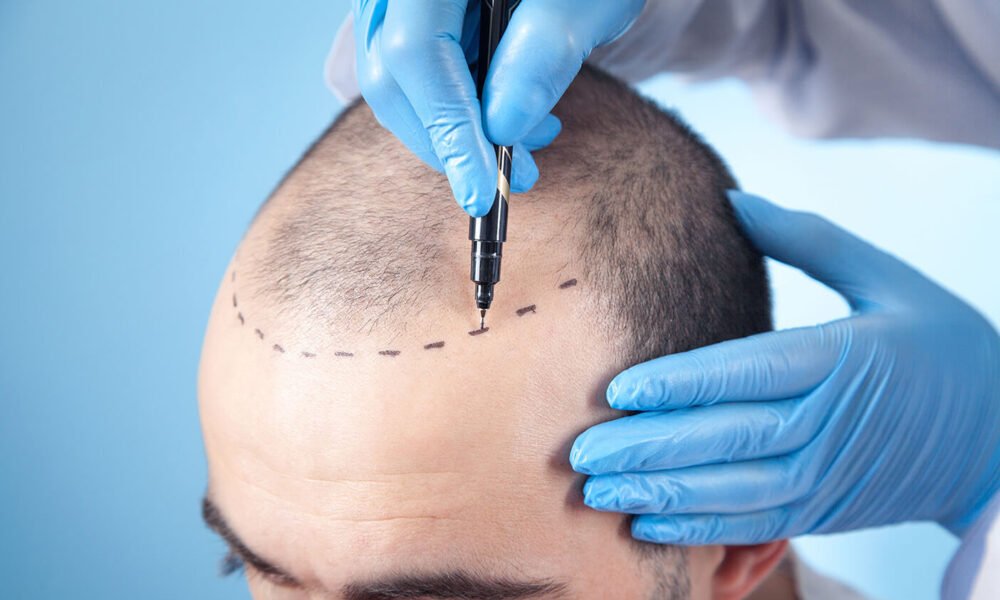
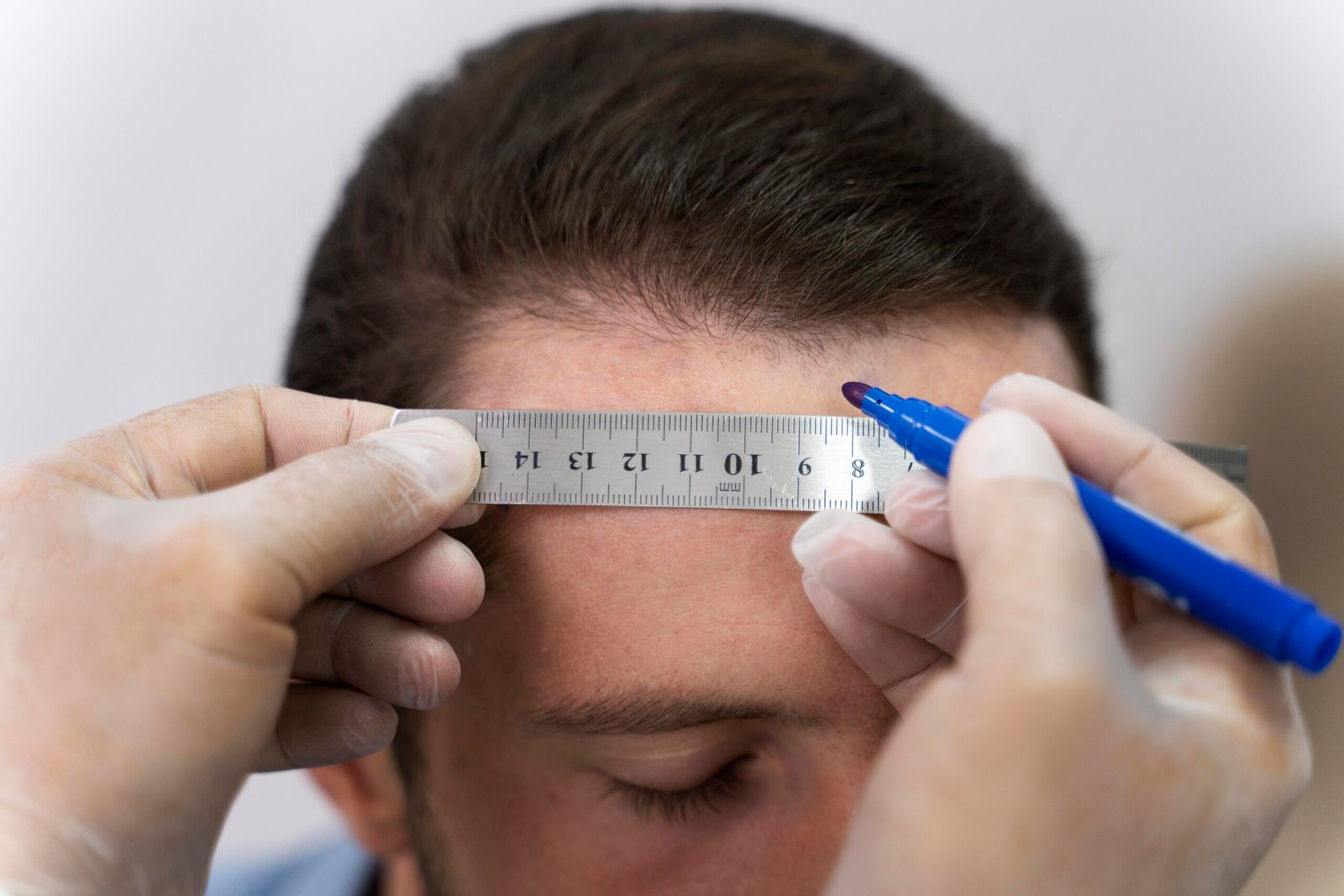


Name*
katana